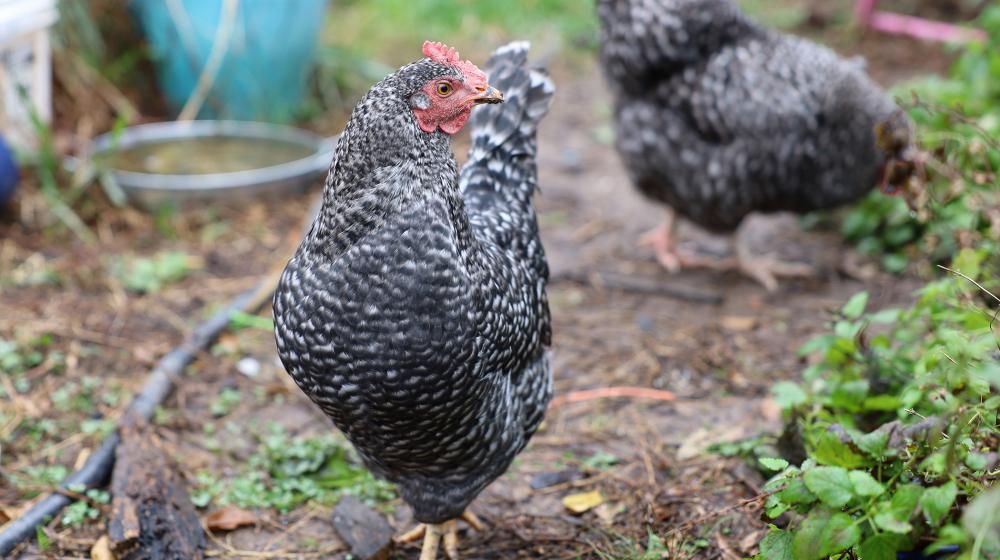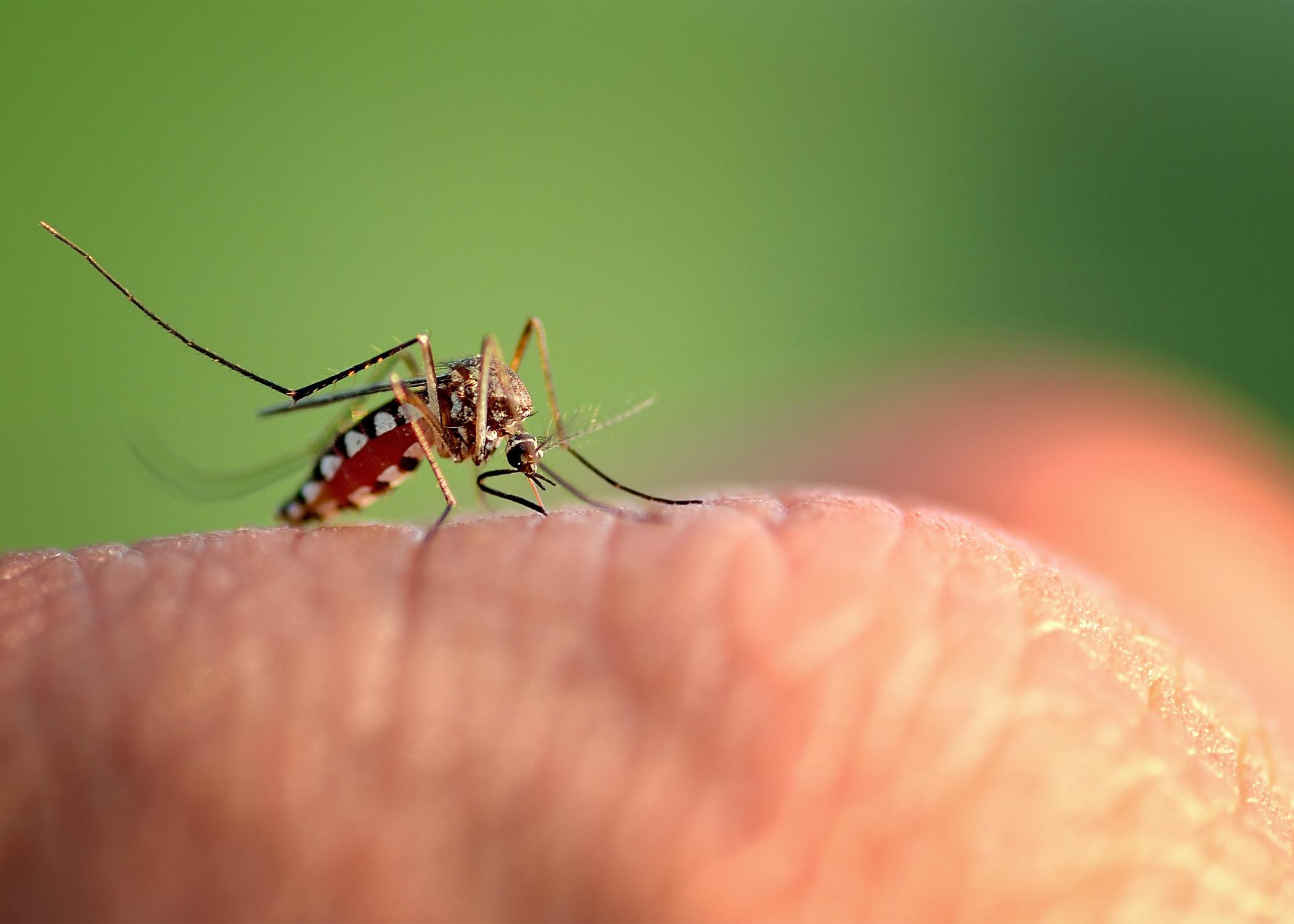Backyard Chickens

Owning backyard chickens is fun and rewarding, but it can also be challenging.
Scratch, peck, dirt bath. Repeat.
If you know what this phrase refers to, you probably own backyard chickens. If you are like me, the highlight of your day is watching your chickens scurry along the ground searching for bugs and stirring up dust taking baths. They are cute and entertaining. My chickens have a big job at my house; they supply my family with rich farm-fresh eggs.
Owning backyard chickens is fun and rewarding, but it can also be challenging. If you do not currently own backyard chickens, and you think you might be interested in buying some, there are a couple of details about chicken ownership you should first know and consider.
- You must have a plan before buying chickens.
- Chicken upkeep is expensive.
- Chickens take a lot of time to care for.
- Backyard chickens are not allowed in some residential areas.
- Chickens are prey animals.
- Laying hens must have adequate light to lay year-round.
- You must choose the right breed for your needs.
- You must have biosecurity methods in place.
Before buying chicks from a hatchery or your local feed store, you must have a plan because chicks must have a couple of essentials to thrive. Chicks need to have access to a heat source (heat lamp or heat plate) for the first six to eight weeks of their lives. They cannot regulate their body temperature until their feathers have fully grown in. Chicks love to make a mess, so for that reason, it is extremely important to make sure they always have access to clean food, water, and bedding. Chicks must always have clean bedding to prevent mites and disease. Chicks should also be safely confined from predators.
The recent hype about owning backyard chickens started when egg prices began rising during the COVID-19 pandemic. People would say, “It’s cheaper to own your own chickens than it is to buy eggs.” This may sound convincing on the surface, but if you dig a little deeper you find that this is not necessarily the truth. You must consider the cost of building a chicken coop, the feed prices, medical costs if the need arises, and many other unforeseen expenses.
Having the time it takes to care for your chickens is important. Before you get chickens, make sure you have spare time in your schedule to tend to them daily
Check the city/county ordinances in your area about chicken ownership. Some residential areas do not allow tenants to own backyard chickens. It is also common for some areas to allow you to own hens but not roosters because of their noisiness and tendency to be more aggressive.
Predators are a very large concern with backyard flocks. Dogs, cats, hawks, owls, snakes, rats, raccoons, opossums, skunks, coyotes, and foxes are just a few predators you will have to contend with when raising your flock. It is recommended to have a covered run and a buried fence to keep predators from digging under the coop enclosure and getting into your coop. When burying the wire for a coop, bury the bottom of the wire and turn it outward 10–12 inches under the surface. You can use the same welded wire you use for the coop enclosure for the underground fence.
When building your coop, you must also consider the amount of light your hens will get for hens to continue laying year-round. Hens will quit laying and molt in late fall when the days get short if supplemental light is not provided. Maximum egg production is usually obtained with 16 hours of light each day. A 25- to 40-watt LED light is usually adequate for supplementing the light, but even with supplemental light, hens may still quit laying in late November and not begin laying again until March.
Make sure you find the chicken breed that best suits the goals you have for your backyard chicken flock. There are more than 400 breeds of chickens to choose from, so you need to know what you want to accomplish before you choose the breeds you want. You should consider if you want small or large chickens. Chickens are either standard size or bantam. Bantams are small, ornamental breeds while standards are normal size birds. Do you want chickens for meat or to produce eggs? Leghorns, Minorca, Australorp, Ancona, Ameraucana, Hamburg, Fayoumi, Marans, and sex-link are all great for egg production while Cornish, Jersey Giant, New Hampshire, Freedom Ranger, and modern broiler are great for meat production.
Having good biosecurity methods in place with your backyard flock will help ensure the health and longevity of your flock. Bio- means “life,” and security means “protection.” Therefore, biosecurity means “life protection.” Doing all that you can to protect your flock from disease is important. The three components of biosecurity are isolation, traffic control, and sanitation. When examining your flock, here are a couple of symptoms you should look for:
- Sneezing
- Coughing
- Nasal discharge
- Watery eyes
- Swollen sinuses
- Twisted neck
- Decreased feed and water intake
- Decreased egg production
- Decreased fertility and hatchability
- Dehydration
- Misshapen eggs
- Depression
- Huddling
- Lethargy
- Increased mortality
If any of these symptoms are observed, remove the sick chickens from the rest of your flock immediately and sanitize the area. If you suspect disease or something other than normal mortality in your flock, contact:
- Your local county Extension agent
- Your local veterinarian
- Mississippi Veterinary Research and Diagnostic Laboratory (601-420-4700)
- Mississippi Board of Animal Health (601-359-1170 or 1-888-722-3106)
- Mississippi State University Department of Poultry Science (662-325-3416); ask for an Extension poultry specialist
For more in-depth information on backyard chickens, check out Extension Publication P3624 Poultry Beginnings: Raise Your Own Backyard Chickens.
Subscribe to Extension for Real Life
Fill in the information below to receive a weekly update of our blog posts.









